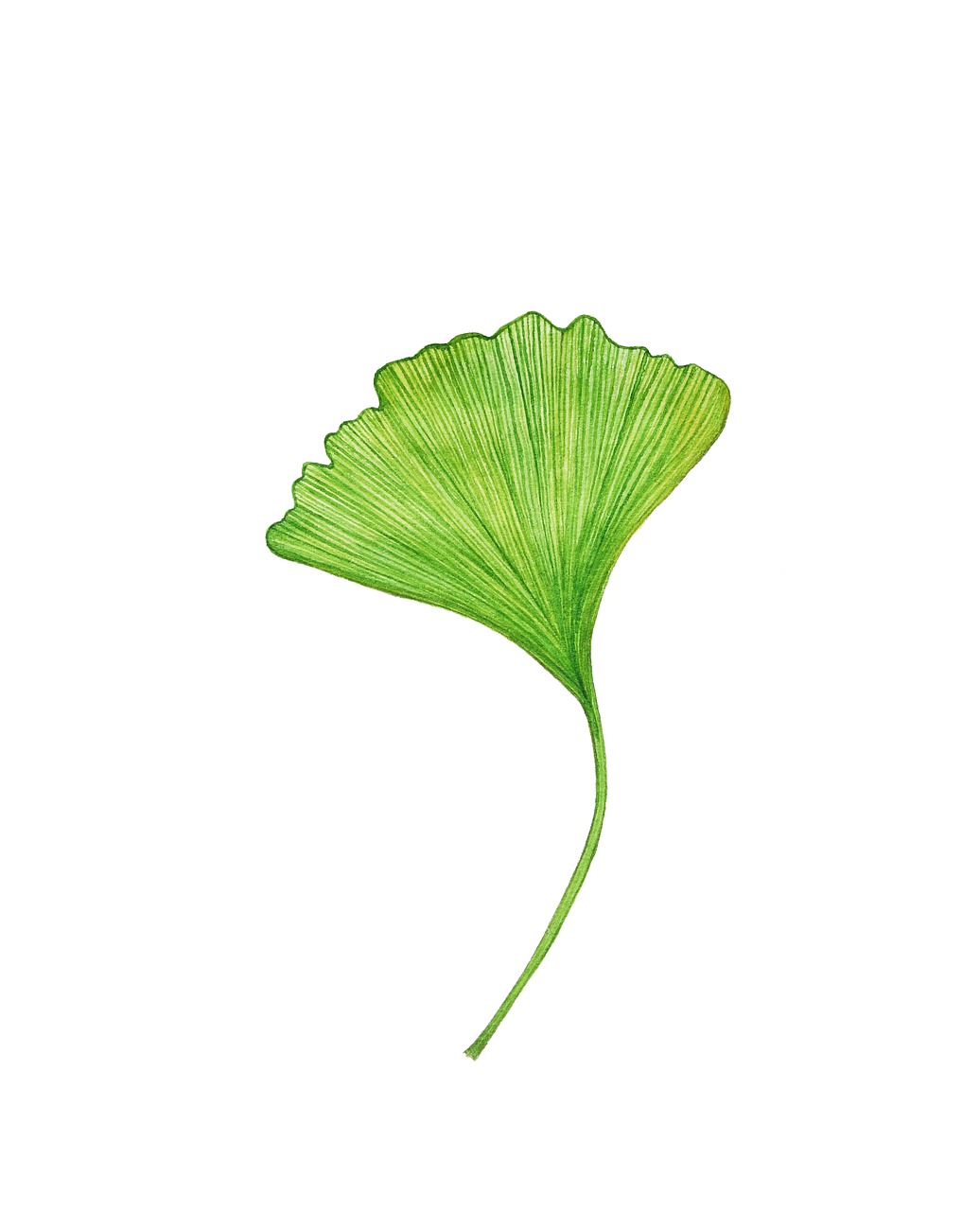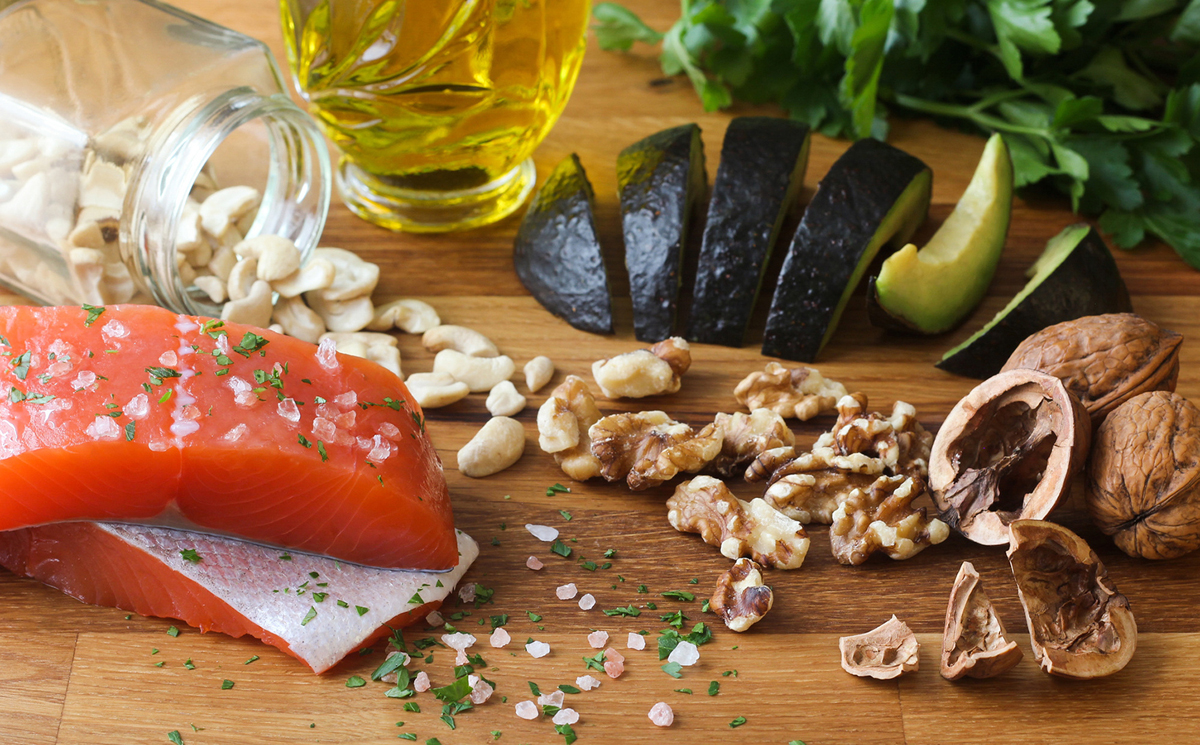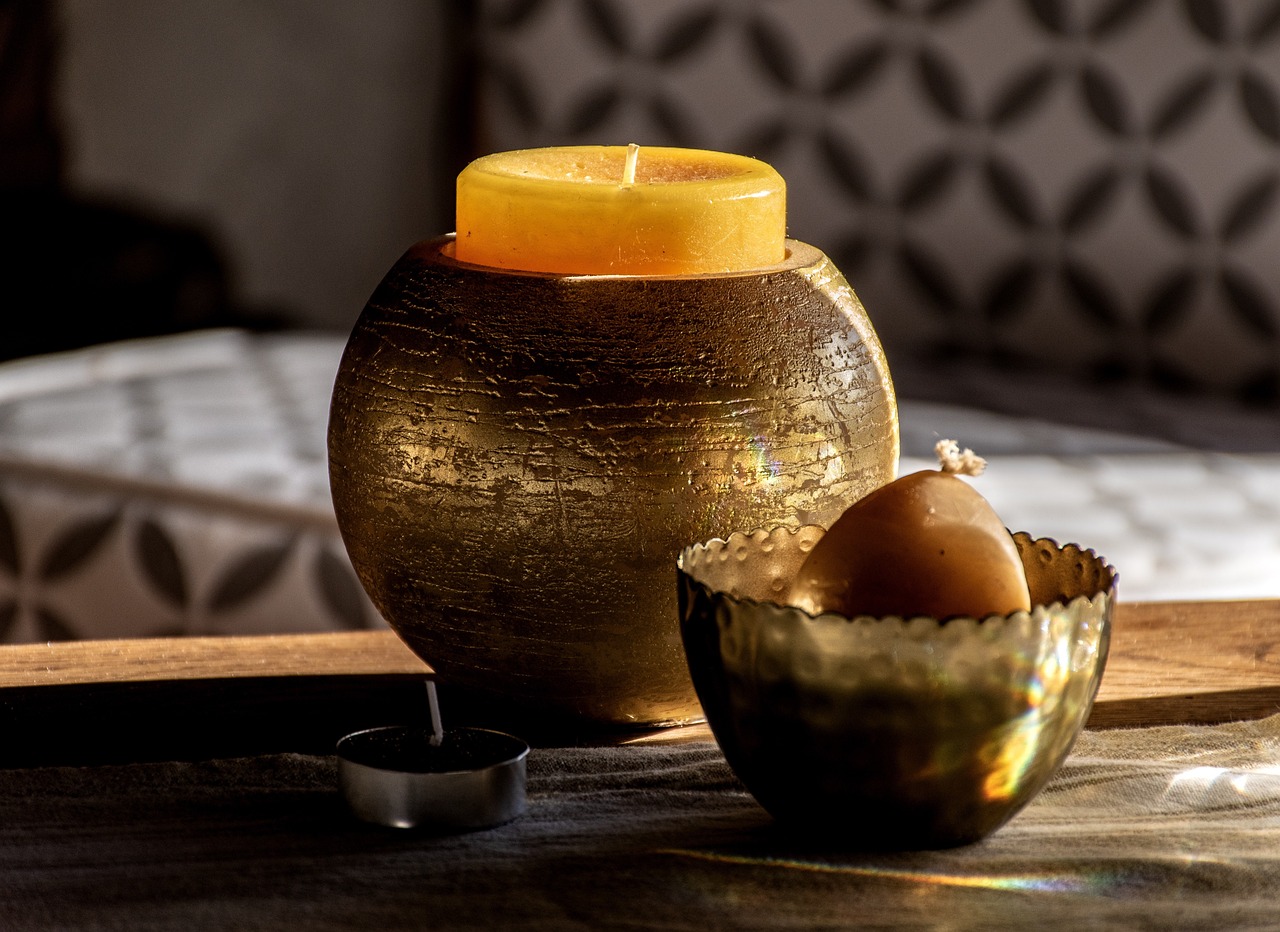Slow Down Aging – The Medicinal Herb Garden May Be The Answer

In the not too distant past, there was little clinical data on herbs, and what did exist was mostly published in Germany. Today, however, researchers around the world are now busy publishing new information related to the healing power of herbs and there is now proof that they are a viable treatment for a wide range of ailments, including aging.
As we get older, and more vulnerable to the ravages of time, concerns about aging become more important. However, two super powerful herbs that can help slow the aging process, garlic and ginkgo, have proven to be effective in the treatment of cholesterol, cancer, Alzheimer’s, mental acuity, and anti-depressant-induced issues. And more good news both can be grown in a backyard medicinal herb garden.
A word of caution before you embark on a healing process with herbs, consult your doctor first. This is especially important if you are pregnant or nursing, have a chronic medical condition, or take prescription medication regularly.
Garlic for Cholesterol
At the New York Medical College in Valhalla, researchers found that one-half to one clove of garlic a day reduced cholesterol by nine percent. If you’d rather not eat fresh garlic every day, garlic supplements have a similar effect.
Garlic for Cancer Prevention
In a long-term Iowa Women’s Health Study, researchers followed 41,837 middle-aged women and found that those who ate the most garlic had the lowest risk of colon cancer. A few cloves a week cut risk by 32 percent, and a greater intake further decreased the risk. Further studies have also shown that garlic helps reduce the risk for bladder and prostate cancer.
Ginkgo for Alzheimer’s Disease
The prestigious journal of the American Medical Association published a study of 202 people with Alzheimer’s who were given either a placebo or ginkgo extract (120 mg a day). In twelve months, the ginkgo group was found to have retained more mental function, and subsequent studies have corroborated the finding. Ginkgo improves blood flow around the body and through the brain.
Ginkgo for Mental Acuity
Four recent studies published in Phytotherapy Research show that ginkgo improves mental function in people who are cognitively normal. Healthy adults, ages 30 – 59 were given ginkgo (120 to 300 mg per day) or a placebo. The herb was found to be directly related to improved memory capability. Suggested consumption is a standardized extract of 120 to 240 mg a day.
Ginkgo for Sex Problems
In a study by the Journal of Urology 60 men with erection problems, caused by narrowed arteries and impaired blood flow to the penis, were given ginkgo (60 mg a day). After six months over half the men studied gained erection capability. In addition, a great number of people today take antidepressants but at a steep price — a substantial risk of libido loss, erection impairment, vaginal dryness and the inability to reach organism. Researchers at the University of California gave ginkgo (209 mg per day) to 63 people suffering from anti-depressant-induced-sex problems and found that the herb helped 91 percent of the women and 76 percent of the men return to normal sexual function.
Garlic and ginkgo are powerful herbs in treating problems associated with aging, and can be grown in almost any backyard medicinal herb garden. Add these herbs to your arsenal of home remedies and start getting positive results for any of the aging problems discussed in this article.
The Author:
John Schepper and Maggie Guscott








